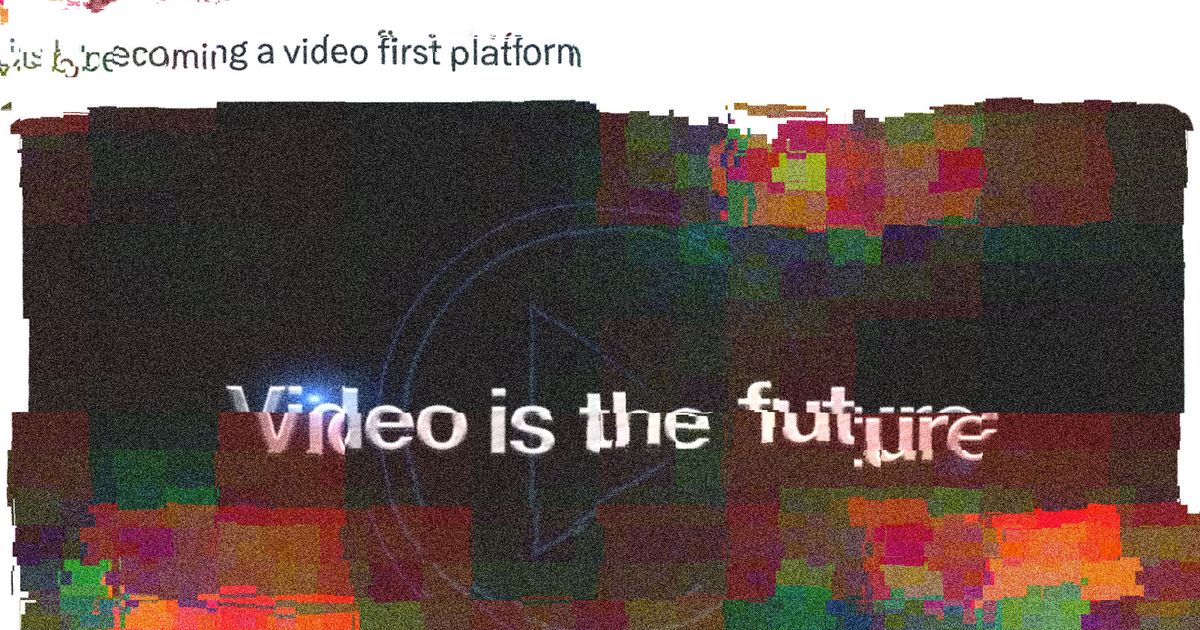- The Publisher Newsletter
- Posts
- Wednesday 20th March: Six career lessons in war and conflict reporting
Wednesday 20th March: Six career lessons in war and conflict reporting

Good morning! Today’s newsletter is brought to you by Chris.
Entries for 2024’s Publisher Newsletter Awards are now open. Head over to publishernewsletters.com to check out all the categories and entry critieria. And if you fancy joining our esteemed judging panel, just reply to this email.
The upcoming episode of Media Voices features an interview with a reporter who is covering the conflict in Gaza, so for prep I was reading around a number of other interviews with journalists experienced in covering wars. This interview on journalism.co.uk with Andrea Backhaus, a war reporter with 15 years of experience under her belt, stuck out to me for a number of reasons.
The first is that Backhaus speaks about the level of animosity journalists receive for covering conflict: “I am not an activist, joining marches, waving flags or calling for boycotts, this is not my role,’ says Backhaus, adding that speaking to one side can lead to attacks and calls to attention from the other. It can be a lonely and isolating place, she continues, underscoring the need for a strong support network and healthy coping mechanism.”
That called out to me, because it speaks to the fundamental issues with reporting in a digital age. The nature of conflict means that people inevitably want you to pick a side, the right side — i.e. theirs — and anything that runs counter to that is evidence of a moral failing on the part of the journalist. It’s all the issues with distrust of the media right now, writ large. I’d recommend reading the linked article for more from Backhaus, because there’s a lot of very straightforward advice in there that gives you a sense of how difficult being a war reporter is in 2024.
Join the Media Voices community
Is anyone else done with 'go digital, go green' propaganda being used to undermine print publishing? Join in the discussion.
Here’s a great case study looking at the multitude of ways in which a newspaper can support local communities. Its founder says: “We also recognize that one size does not fit all. That is to say, we expect that, with every community we want to develop deeper relationships with, there will be a specific avenue or method that works best.” Amen to that!
This is an interesting guest essay on the NYT, which argues that making J-schools free would be a good way for an industry in turmoil to discover new rising stars, who would in turn find new ways to save the industry. It’s undeniably true that we need journalism to be more accessible — and J-schools do a lot to perpetuate some practices that should have long since been abandoned. I would love to know what you think of this idea!
I read a good article yesterday about how Musk is getting bored of X, as a result of his flighty personality and, um, the fact he never actually wanted it in the first place. But he can’t run from the financial impact its ongoing failure is having on his own coffers and those of his investors — and the poorly throught-through pivot to video won’t help it here. It doesn’t matter, anyway. Twitter is dead. I’ll miss its good points.





